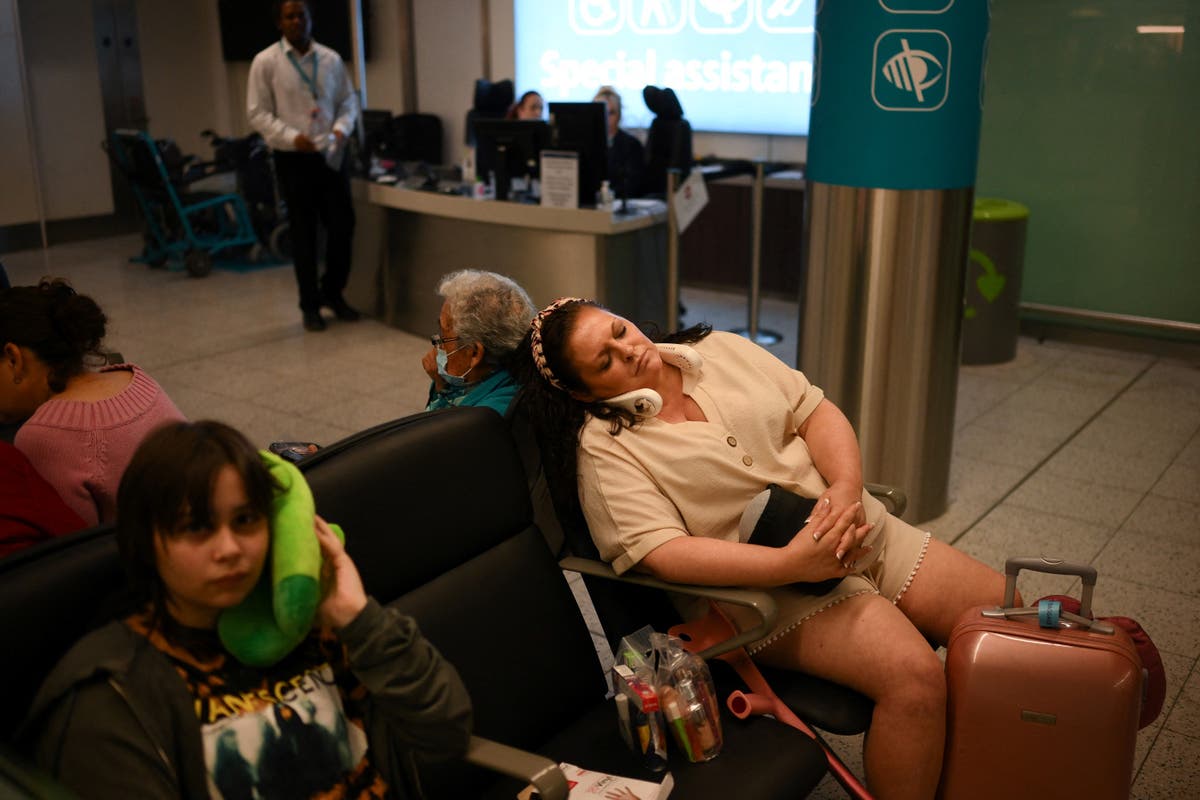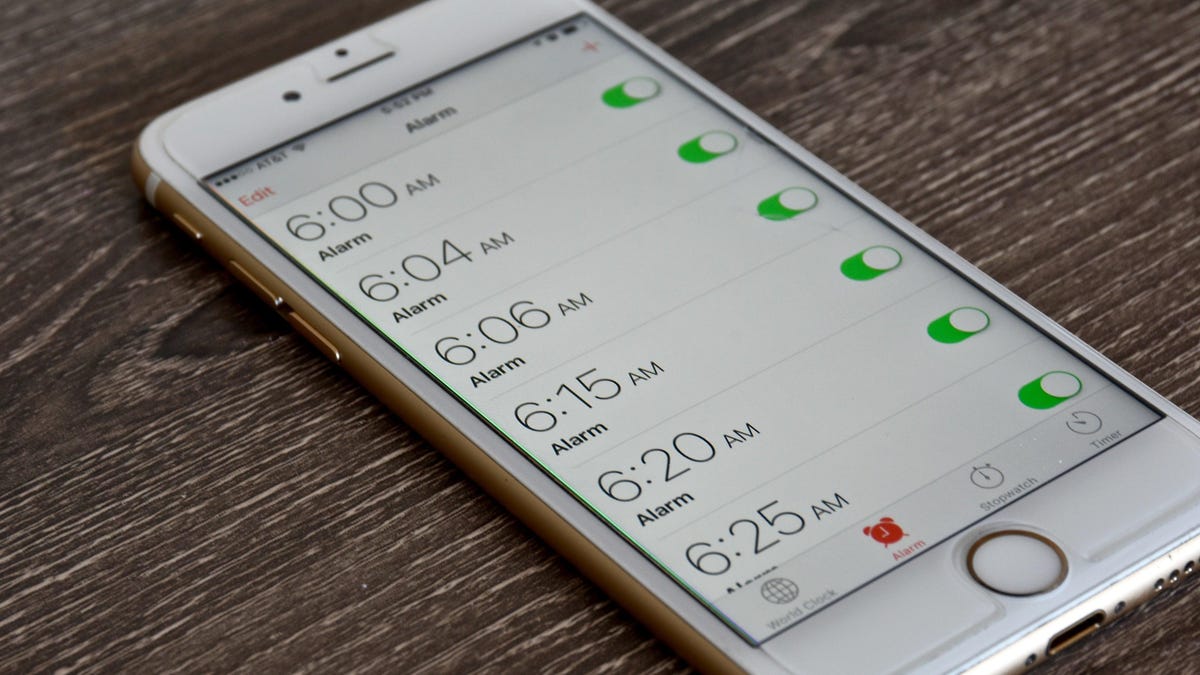UK’s worst airport for delayed flights named and shamed
The analysis took into account all scheduled and chartered departures from the 22 commercial UK airports


Sign up to Simon Calder’s free travel email for expert advice and money-saving discounts
Get Simon Calder’s Travel email
The worst airports in the UK for flight delays last year have been ranked.
The average delay for flights across all airports was almost 20 minutes and 42 seconds, down from 23 minutes and 12 seconds in 2022, when the aviation sector struggled to cope with a surge in demand for holidays following the end of coronavirus travel restrictions.
The analysis took into account all scheduled and chartered departures from the 22 commercial UK airports with at least 1,000 outbound flights last year. Cancellations were not included.
Departures from the Gatwick were an average of nearly 27 minutes behind schedule in 2023, according to analysis of Civil Aviation Authority (CAA) data by the PA news agency.
The airport, which is the second-busiest in the UK, was badly affected by air traffic control (ATC) staff shortages across Europe last year, and repeatedly suffered the same problem in its own control tower.
Gatwick said in a statement it is “working closely with our airline partners to improve on-time performance”.
Luton airport had the second poorest punctuality record last year, with an average delay of almost 23 minutes.
In third place was Manchester airport, at nearly 22 minutes.
Belfast City (George Best) airport had the best performance, with a typical delay of 12-and-a-half minutes.
Naomi Leach, deputy editor of consumer magazine Which? Travel, said: “It’s clear from these latest figures that millions of passengers continued to experience unacceptably long hold-ups last year.
“This cannot be allowed to become the new normal.”
CAA director Tim Johnson said it is vital the aviation sector “focuses on resilience” ahead of the summer holiday period to “keep passenger disruption to a minimum”.
He added: “Where people do find themselves facing disruption, we want them to be well-informed about the duty of care that they are entitled to.”
Julia Lo Bue-Said, chief executive of Advantage Travel Partnership, a network of independent travel agents, said flight disruption is “always incredibly frustrating”.
She continued: “Any delay can have significant knock-on effects to both leisure and business travellers.
“With millions of Brits set to travel abroad this summer, it’s vital for the UK’s airports alongside all parts of the travel eco-system to continually work together to ensure the system is as efficient as it can be.”
When flights are significantly delayed or cancelled, airlines are required under consumer laws to provide passengers with assistance such as refreshments, a means of communication and overnight accommodation if required.
If the cause of disruption is under an airline’s control, passengers are also due compensation of up to £520 depending on the length of the delay and the distance of the flight.
But air traffic control (ATC) issues are generally considered to be an “extraordinary circumstance”, meaning affected passengers are not entitled to payouts.
Gatwick said in a statement: “As the most efficient single runway airport in the world, we aim to deliver a seamless passenger experience.
“The majority of cancellations are caused by poor weather, airspace constraints across Europe and inefficient third party ground operations.
“We are working closely with our airline partners to improve on-time performance.
“In addition, we have published a six-year capital investment programme setting out significant improvements to develop and enhance infrastructure and facilities to build the resilience of the airport.”
A spokesperson for trade body the Airport Operators Association said: “Airports work extremely hard to minimise delays while providing a positive, safe and secure experience for passengers.
“These figures do not provide any of the context around operating in a global environment and do not give the travelling public a clear picture of how air travel operates.”
Gatwick imposed a temporary cap on flights in September 2023 in an attempt to reduce the number of short-notice cancellations and delays due to staff shortages in its ATC tower.

 Kass
Kass 






























